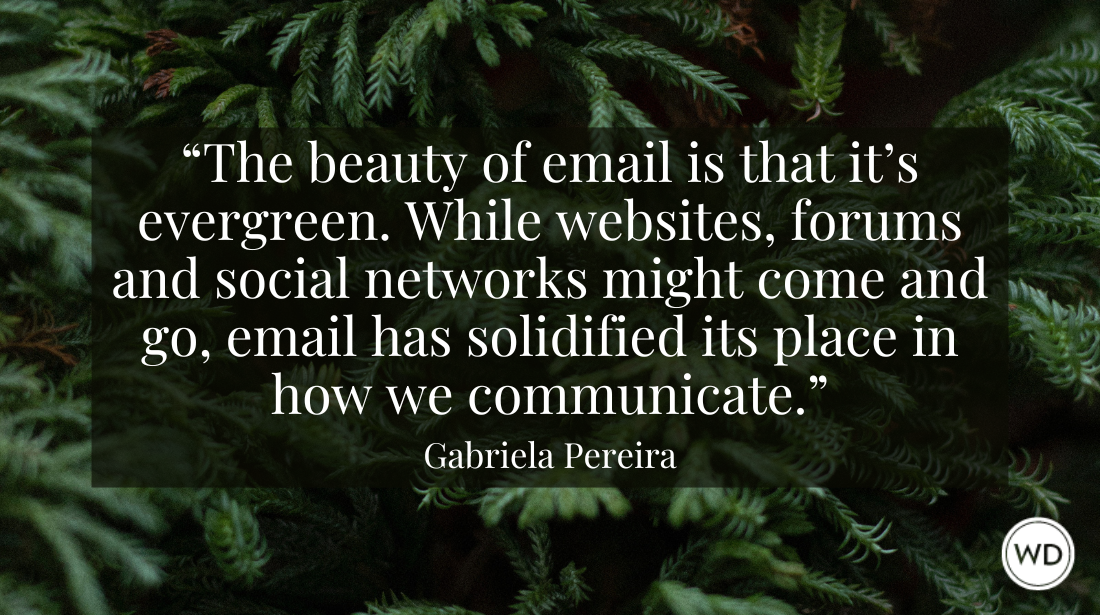Alan Alda: BONUS WD INTERVIEW OUTTAKES
A master of delivery both in writing and in person, the long-respected actor, bestselling author and thought leader shares lessons learned in a lifetime devoted to information and entertainment.
On a clear and sunny afternoon, I sat waiting for Alan Alda in a small conference room on the top floor of a refurbished office building in New York City’s Lincoln Center. He came dashing around the corner, waving to me through the glass partition with the exuberance of a teenager. The actor-turned-author flashed a familiar smile, regarding me with the mischievous blue eyes of his iconic “M.A.S.H.” character, “Hawkeye” Pierce.
Alda’s display of youthful spirit is no performance—even at 81, the Fordham University grad (Class of ’56, with a bachelor’s in English) remains prolific, having starred in last year’s Louis C.K. vehicle “Horace and Pete” before releasing his third New York Times bestseller in June.
If I Understood You, Would I Have This Look on My Face? My Adventures in the Art and Science of Relating and Communicating draws on a passion evolved from his years regularly hosting the PBS series “Scientific American Frontiers” from 1993 to 2005. While observing gaps in understanding between scientists and laymen, Alda recognized an opportunity to develop methods for improving the clarity of human interactions. The book follows 2005’s Never Have Your Dog Stuffed: And Other Things I’ve Learned and 2007’s Things I Overheard While Talking to Myself.
In 2009 he established the Alan Alda Center for Communicating Science at Stony Brook University, and formed Alda Communication Training Company (ACT) in 2017 to offer leadership classes for executives and their teams. The seven-time Emmy winner sees his latest book as a way to carry his message to an even larger audience on a more individual level. Chatting with WD at his New York office, Alda’s fervor and enthusiasm were palpable as he discussed the links between speaking and writing. Look for the feature-length interview in the November/December 2017 Writer’s Digest. In these online exclusive outtakes, Alda discusses his Women in Business project and other good work for speakers and writers alike.
Many people feel that you’ve been a good example for men in balancing strength and sensitivity with masculinity. Do you see that in yourself?
I’ve had to work at it. I was thinking about that just this morning because people always ask me why I’m a feminist. I can’t know truly what a woman goes through. I was a sensitive kid and was subjected to a lot of things like being ignored and put down. It wasn’t so much harassment but not being considered a regular guy because I was a sensitive person. First I was defensive and developed a tough exterior. I had to learn that I didn’t have to do that. I learned there are ways to be strong and patient and not be put down for who I am and how I feel and experience things. I started a Women in Business Project, and we’re working on these issues. Unless it’s native to a woman’s personality, it’s not necessary for her to become more like a man. If it’s part of her personality it’s fine, but she shouldn’t take on some personality that’s not her own. That’s what I learned in my own life. It’s extremely valuable.
Do you think sometimes we can be more fearful of success than failure?
No! (Laughs.)
For me I’ve found my greatest challenges have really been the greatest gifts.
Yeah, me too. No question about that.
But some people succumb to the challenges.
My guess has always been that not all of us come in with the same ability to withstand stress. Some of us can tolerate a certain amount of stress and others are completely done in by it. And it doesn’t take very much sometimes. So you don’t always learn from what you don’t die from. You can live wounded for a long time. It’s probably a good idea to look for how you can make something out of it.
I think it’s harder to look at ourselves than we think it is.
Oh sure, because we look at who we think we are. You look in the mirror and don’t see who’s there. Yeah, it’s hard to accept reality. That to me is really important … It’s not always easy to know reality.
As a child you can’t go anywhere, you have to be creative in how you deal with your environment. But as you get older it becomes a person’s responsibility to reclaim themselves, how to really survive as yourself in the world.
I had a version of that because my mother was paranoid. She would tell me things and I would try to figure out if this was reality or just her reality. So I had to get very good at observing and thinking things through and analyzing what was said to me.
Karen Corinne Herceg publishes poetry, prose, essays and reviews in a variety of international publications, including American Book Review and for the website Compulsive Reader. A graduate of Columbia University, she is a member of the Academy of American Poets, PEN America, the Poetry Society of America and more. Her second book of poems, Out From Calaboose, was released in 2016. Find her online at karencorinneherceg.com.





